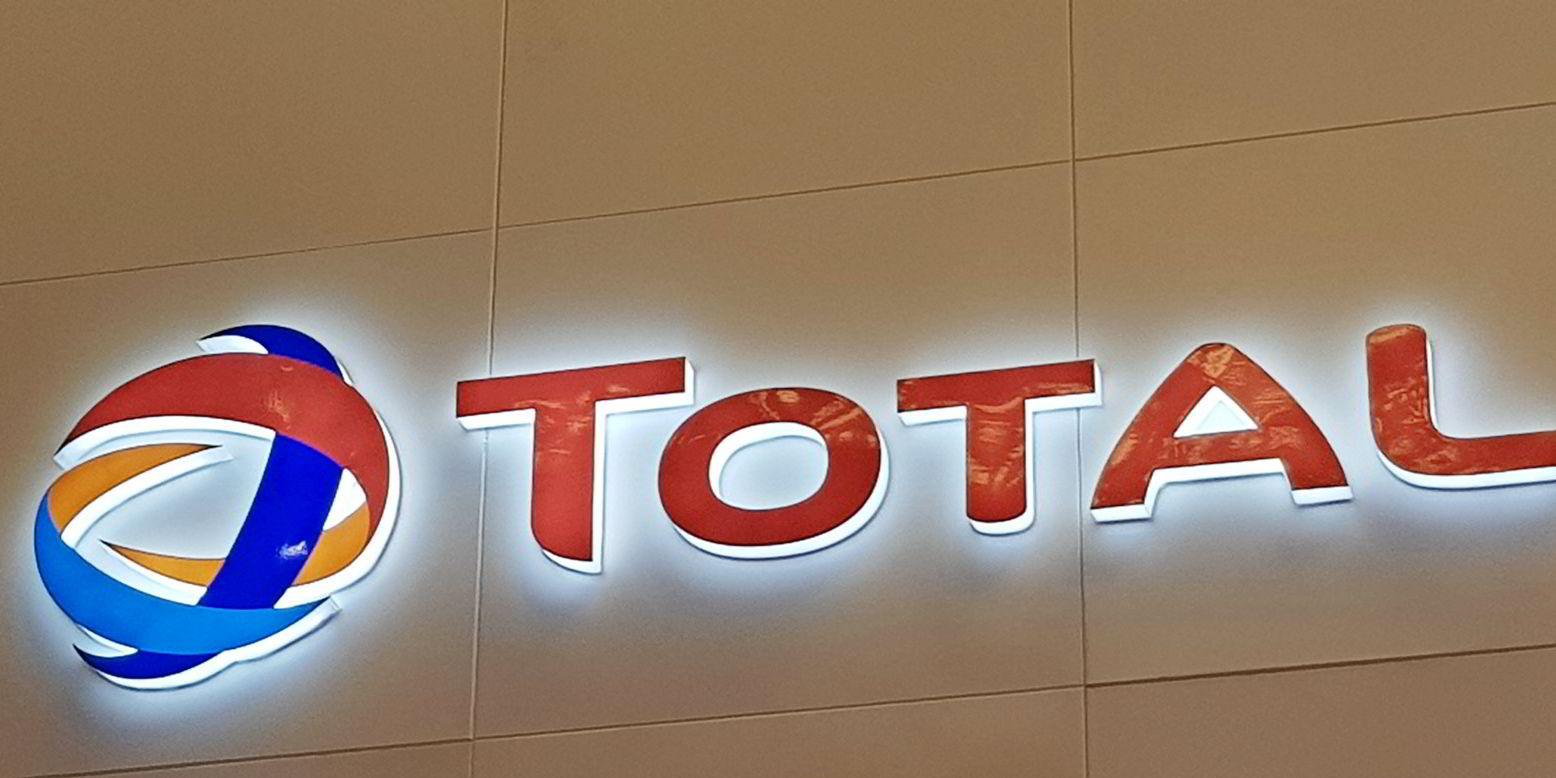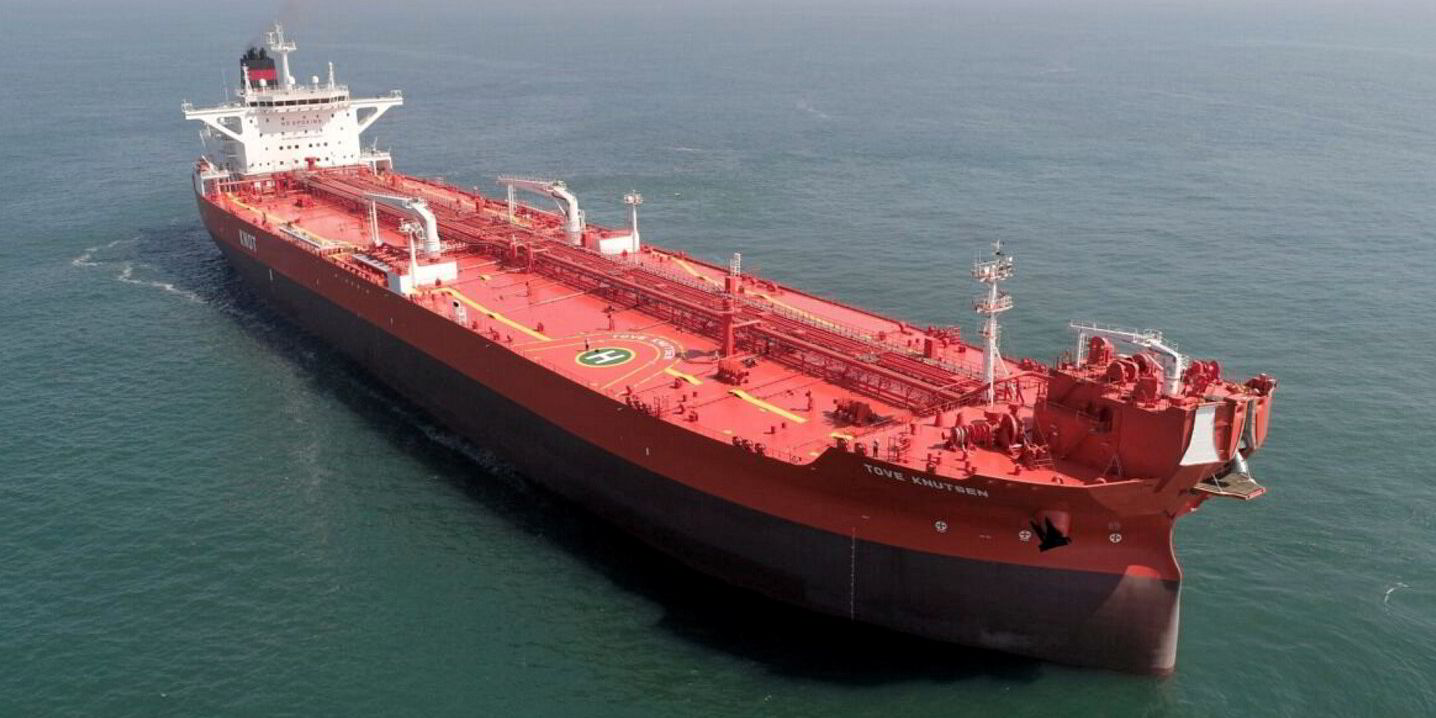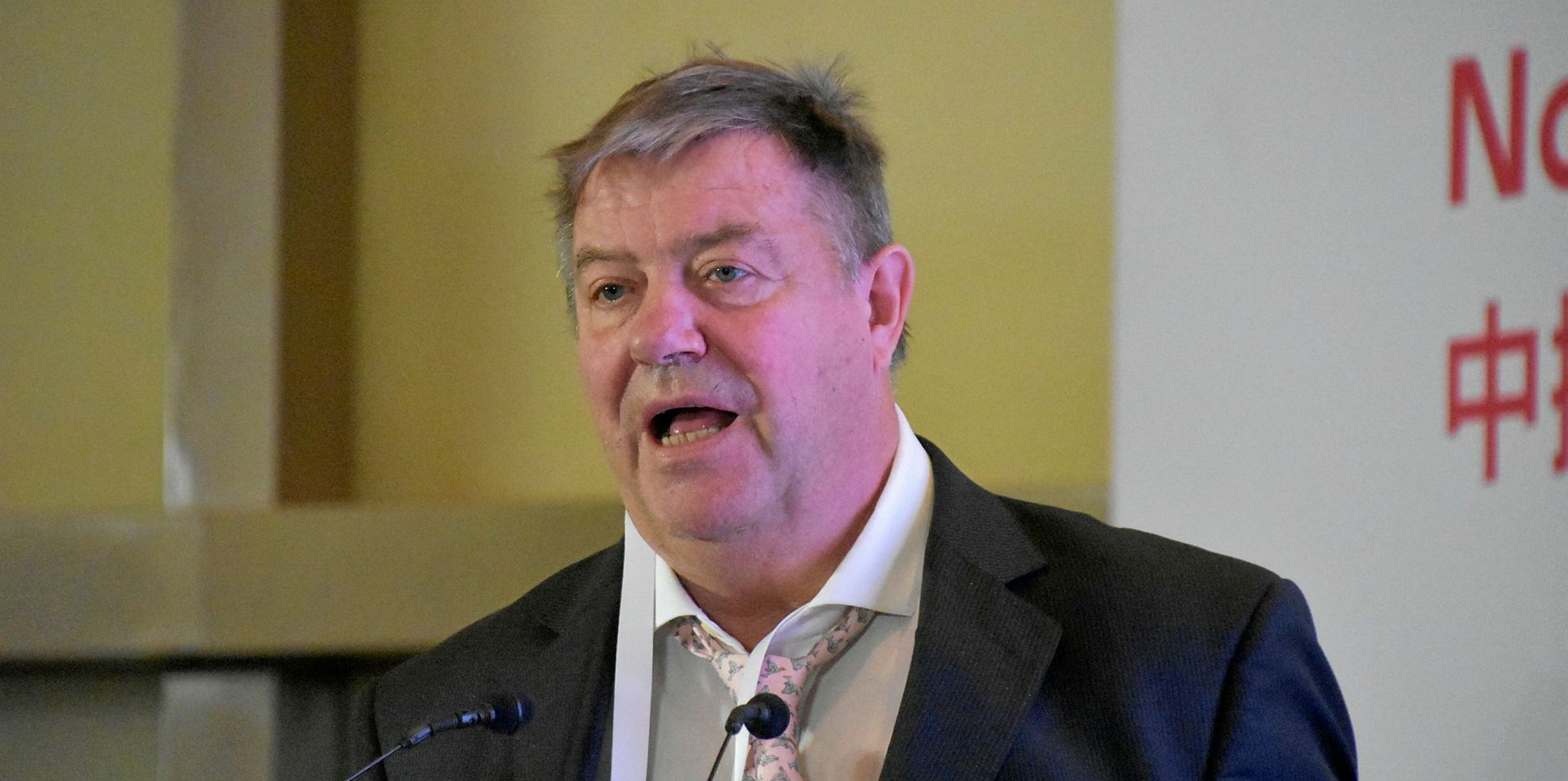TotalEnergies has emerged as the company behind a potential five-year charter of a shuttle tanker owned by KNOT Offshore Partners.
The French energy giant has taken the 152,268-dwt Anna Knutsen (built 2017) for an initial two years, with options to extend the time charter by up to three further one-year periods.
KNOT first disclosed that it had secured a fresh charter for the Denmark-flag ship in late March but declined to name the counterparty. Financial terms were not disclosed.
Confirmation of the TotalEnergies charter came as KNOT reported a decline in first-quarter net profit to $26.8m, mainly due to lower utilisation of its fleet because of scheduled dry-dockings.
“While decisions made in 2019 and 2020 as a result of the impact of the Covid-19 pandemic by the oil industry and our customers to delay and postpone offshore projects in Brazil and the North Sea continue to dampen shuttle tanker demand, we are experiencing early signs of increased activity, particularly in Brazil, that suggests the market is improving,” the US-listed master limited partnership (MLP) said.
“We believe that uncertainty caused by the war in Ukraine, a renewed desire from developed economies for greater immediate and short-term energy security and continuing high oil prices, along with strong production and greater activity in Brazil, could contribute to an improvement in demand.
“As a result, we are cautiously optimistic about increasing demand in the shuttle tanker market in the remainder of 2022, although we continue to expect the path to be bumpy.”
KNOT said increasing newbuilding prices are also putting it in a stronger position with regard to charter renewals.
“Vessel newbuild prices are today around 20% to 30% above those prices that were available for a similar vessel throughout 2019, 2020 and even into early 2021, and the partnership expects these elevated prices to continue for the foreseeable future due to heavy ordering of other types of vessels, notably in the LNG and container vessel markets, and inflationary pressures, particularly on labour costs and steel,” it said.
“Such high newbuild prices assist the competitiveness of the partnership’s fleet during charter renewal discussions, where the ordering of a newbuild vessel might otherwise be a more competitively priced alternative.”





